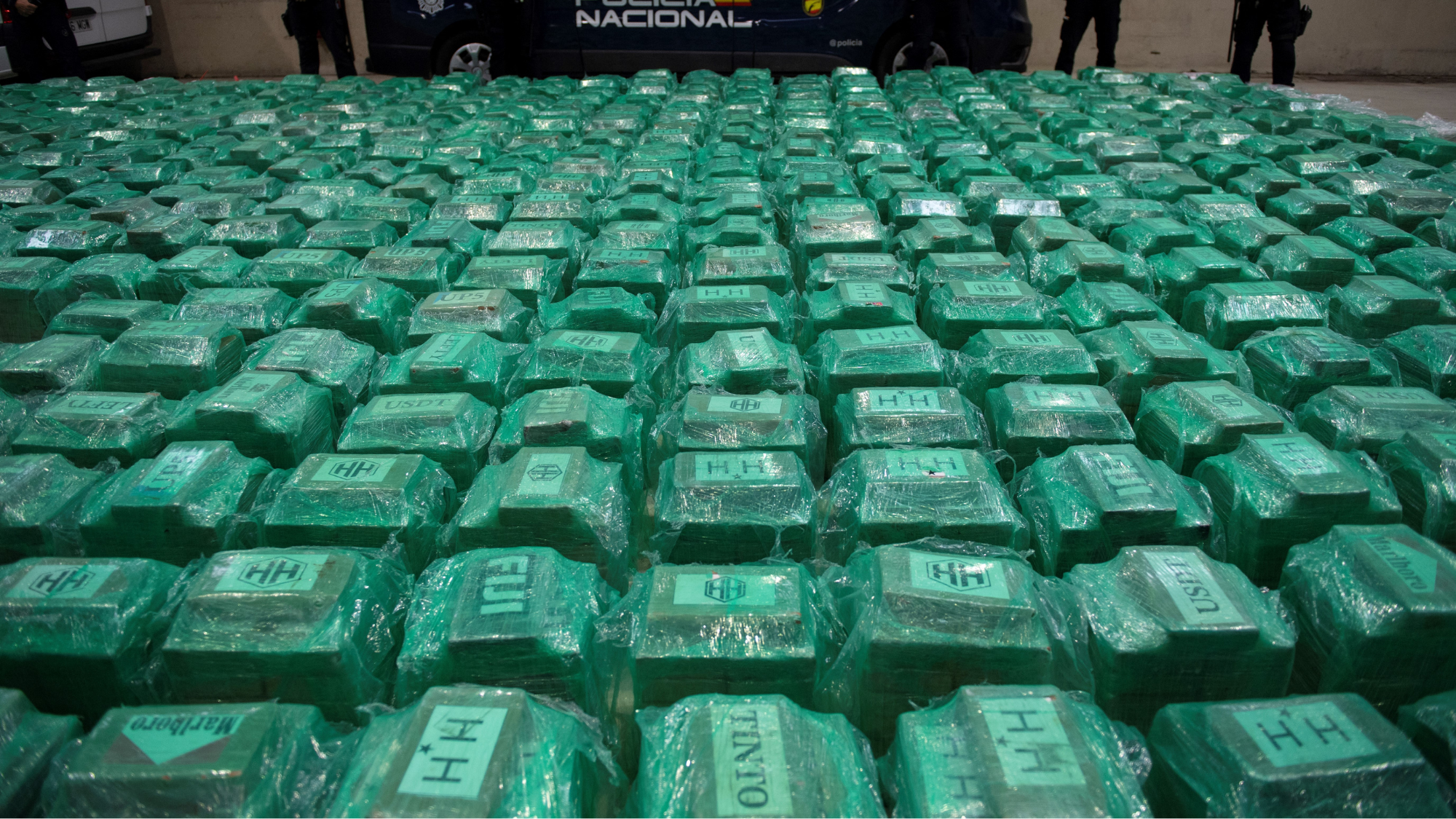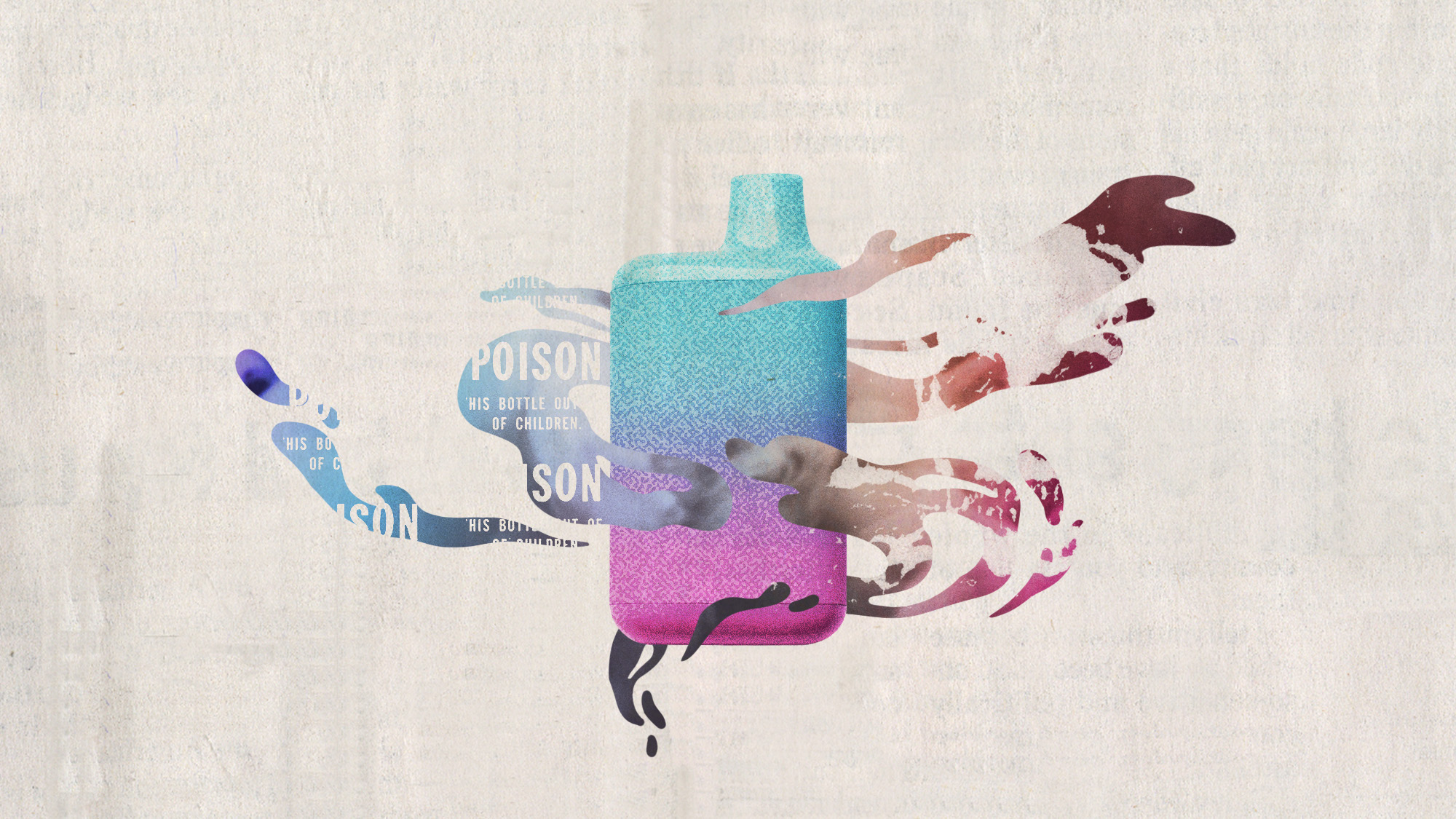The Spanish cop, 20 million euros and 13 tonnes of cocaine
Óscar Sánchez Gil, Chief Inspector of Spain's Economic and Tax Crimes Unit, has been arrested for drug trafficking

A free daily email with the biggest news stories of the day – and the best features from TheWeek.com
You are now subscribed
Your newsletter sign-up was successful
He was known to his colleagues as a quiet, polite man, dedicated to his job of investigating money laundering. And there was certainly nothing flashy about Chief Inspector Óscar Sánchez Gil, head of Spain's Economic and Tax Crimes Unit (UDEF), said Oscar Lopez-Fonseca and Patricia Peiró in El País (Madrid). He didn't wear ostentatious watches or drive fast cars. Since joining the police force in 2007, he'd won medals for outstanding work and, before heading up the UDEF, had been given a senior role investigating drugs and organised crime.
So no one could quite believe it when, this month, police raided the home not far from Madrid that he shared with his wife, also a police officer, and found €20 million stashed away in neat packs of €200 or €500 bills inside the walls of the house, in its cupboards and in the garden. Further millions were later discovered hidden in his office in Madrid and his beach cabin in Alicante. He and his wife, along with at least 15 others, have now been arrested for drug trafficking, money laundering, corruption and membership in a criminal organisation.
Spain is a strategic point of entry for drugs into Europe, said Eva Vilà of the Global Initiative Against Transnational Organised Crime (Geneva). In 2021, a then-record 303 tonnes of cocaine were seized by EU member states, 75% of it found by Spain, Belgium and the Netherlands. And within a year, the amount seized by Spanish police had doubled. Most of it arrives hidden in shipping containers transporting legal goods. This month saw Spain's biggest drugs bust ever, said The Gibraltar Chronicle, when police in Algeciras seized an incredible 13 tonnes of cocaine stashed in a consignment of bananas from Ecuador – the new nerve centre of drug trafficking in Latin America.
The Week
Escape your echo chamber. Get the facts behind the news, plus analysis from multiple perspectives.

Sign up for The Week's Free Newsletters
From our morning news briefing to a weekly Good News Newsletter, get the best of The Week delivered directly to your inbox.
From our morning news briefing to a weekly Good News Newsletter, get the best of The Week delivered directly to your inbox.
To put 13,000 kilos of cocaine in a container, drug lords must have blind faith customs aren't going to open it, said Cruz Morcillo in ABC (Madrid). That's where Sánchez came in. He was not a paid employee of the traffickers, he was their "partner", and used his position to colonise investigations that could hurt them. Whenever police planned to intercept containers at Spanish ports, he'd decide which ones were to be opened and which left alone. But he'd been under suspicion for almost a year, and the bust in Algeciras seems to have been the trigger for his arrest.
Alas, this isn't an isolated case, said Alberto Galone on El Cierre Digital (Madrid). The parallels between his case and previous officer arrests suggest he is "the tip of the iceberg" in a network of corruption. That 148 Spanish police officers were convicted of drug corruption between 2011 and 2020 shows the tentacles of the cartels have penetrated to the "very core of state security", said El Mundo (Madrid). Public confidence in law enforcement agencies is shot. Winning it back will require an institutional reaction equal to the formidable challenge posed by these cartels.
A free daily email with the biggest news stories of the day – and the best features from TheWeek.com
-
 Political cartoons for February 15
Political cartoons for February 15Cartoons Sunday's political cartoons include political ventriloquism, Europe in the middle, and more
-
 The broken water companies failing England and Wales
The broken water companies failing England and WalesExplainer With rising bills, deteriorating river health and a lack of investment, regulators face an uphill battle to stabilise the industry
-
 A thrilling foodie city in northern Japan
A thrilling foodie city in northern JapanThe Week Recommends The food scene here is ‘unspoilt’ and ‘fun’
-
 The fall of the generals: China’s military purge
The fall of the generals: China’s military purgeIn the Spotlight Xi Jinping’s extraordinary removal of senior general proves that no-one is safe from anti-corruption drive that has investigated millions
-
 Mexico’s vape ban has led to a cartel-controlled black market
Mexico’s vape ban has led to a cartel-controlled black marketUnder the Radar Cartels have expanded their power over the sale of illicit tobacco
-
 Syria’s Kurds: abandoned by their US ally
Syria’s Kurds: abandoned by their US allyTalking Point Ahmed al-Sharaa’s lightning offensive against Syrian Kurdistan belies his promise to respect the country’s ethnic minorities
-
 Grok in the crosshairs as EU launches deepfake porn probe
Grok in the crosshairs as EU launches deepfake porn probeIN THE SPOTLIGHT The European Union has officially begun investigating Elon Musk’s proprietary AI, as regulators zero in on Grok’s porn problem and its impact continent-wide
-
 Panama and Canada are negotiating over a crucial copper mine
Panama and Canada are negotiating over a crucial copper mineIn the Spotlight Panama is set to make a final decision on the mine this summer
-
 Iran unleashes carnage on its own people
Iran unleashes carnage on its own peopleFeature Demonstrations began in late December as an economic protest
-
 The rise of the spymaster: a ‘tectonic shift’ in Ukraine’s politics
The rise of the spymaster: a ‘tectonic shift’ in Ukraine’s politicsIn the Spotlight President Zelenskyy’s new chief of staff, former head of military intelligence Kyrylo Budanov, is widely viewed as a potential successor
-
 How oil tankers have been weaponised
How oil tankers have been weaponisedThe Explainer The seizure of a Russian tanker in the Atlantic last week has drawn attention to the country’s clandestine shipping network